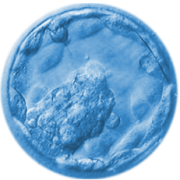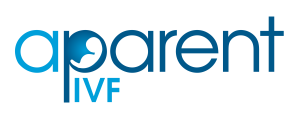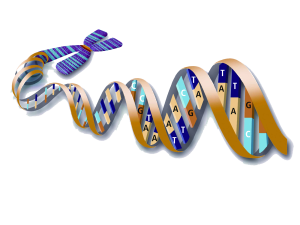In Vitro Fertilization (IVF)

In vitro fertilization (IVF) is the fertilization of eggs with sperm in the lab. The resulting embryo culture is monitored for three to five days and then transferred to the uterus to start a pregnancy.
In the realm of IVF, the embryologists are the experts. At aParent IVF Laboratory our embryologists perform MORE THAN 1,500 procedures per year, making our lab one of the most experienced.
Because fertilization and embryo culture occurs in the lab, embryologists are able to select the healthiest embryos for transfer. This increases the pregnancy rate, while preventing triplets and higher order pregnancies.
Due to our strong in vitro fertilization and embryo culture programs, aParent IVF Laboratory provides patients with innovative technical procedures. Our embryologist technical mastery is key in assisted zona hatching (AZH) with fragment removal and trophectoderm biopsy for genetic analysis of the pre-implantation embryo. These cutting-edge procedures further enhance every patient’s chance of a healthy pregnancy and birth.
ICSI
In 1993, the invention of Intracytoplasmic Sperm Injection (ICSI) made it possible for men with rare or non-swimming sperm to father children by injecting individual sperm into individual eggs. Since 1994, aParent IVF Laboratory embryologists began providing this amazing procedure to thousands of patients. Trained by pioneers in the field, including Jacques Cohen PhD who is considered one of the fathers of micromanipulation techniques, our embryologists began performing ICSI at expert levels starting with our first case. After all these years, there are few labs capable of performing this procedure better than aParent IVF.
Assisted Zona Hatching (AZH)
Assisted Zona Hatching (AZH) is a technical procedure that embryologists perform to assist the embryo in its efforts to “hatch” from the zona pellucida, the shell surrounding the embryo, which is critical for successful implantation. During the AZH procedure, embryologists also have the opportunity to remove fragments of non-living embryonic cells that may interfere with development of the normal cells in the embryo. aParent IVF Laboratory embryologists were trained in AZH by the leading micromanipulation experts in the field and are specifically trained to perform assisted hatching and fragment removal at either the day 3 (cleavage stage) or day 5 (blastocyst stage) of development, depending on the specific needs of your embryo. AZH is also used in pre-implantation genetic diagnosis to open the zona pellucida and remove cell(s) for genetic analysis
Day 5 Blastocyst Culture
The culture system used to grow your embryos during the first five days of life must support their evolving needs. Growing embryos past day 3 of culture does require more care on the part of embryologists and many programs are unable to offer day 5 culture to their patients as a result. The embryologists at aParent IVF Laboratory have successfully used modern day 5 culture since the inception of this technique. Few IVF labs can rival our experience in this arena, therefore, be assured your embryos will receive the highest quality of care.
Testicular Sperm Extraction (TESE)
Many men who suffer from Azoospermia, a condition in which men have no sperm in their ejaculate, do produce small amounts of sperm in their testicles. A small sample can be recovered from the testicular tissue, using a technique called testicular sperm extraction (TESE).
In the IVF laboratory, embryologists can use sperm from the testicular tissue to fertilize eggs using intracytoplasmic sperm injection (ICSI).
At least two aParent IVF Laboratory embryologists are assigned to each TESE case. We prepare the testicular tissue and microscopically examine every area of the sample. The next step is to recover the rare sperm from the surrounding tissue.
Because we have two embryologists performing the lengthy microscopic search, we pay close attention to detail. This ensures a rapid and efficient process to identify sperm in the sample.
We also partner with urologists worldwide, which gives you the freedom to choose the location of your procedure.









